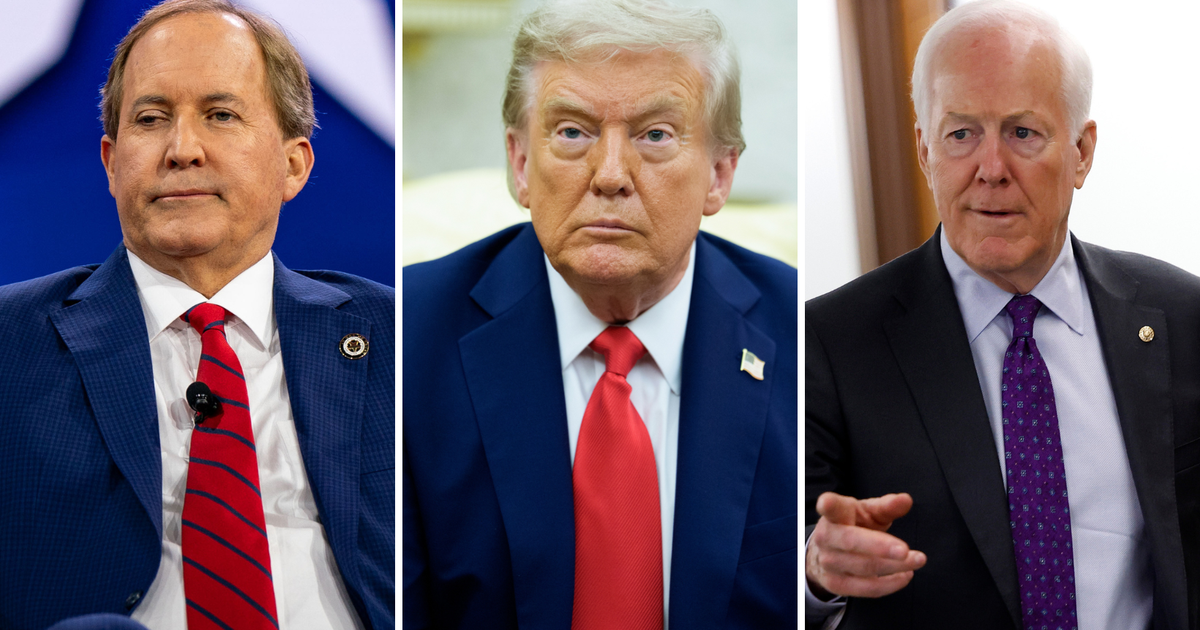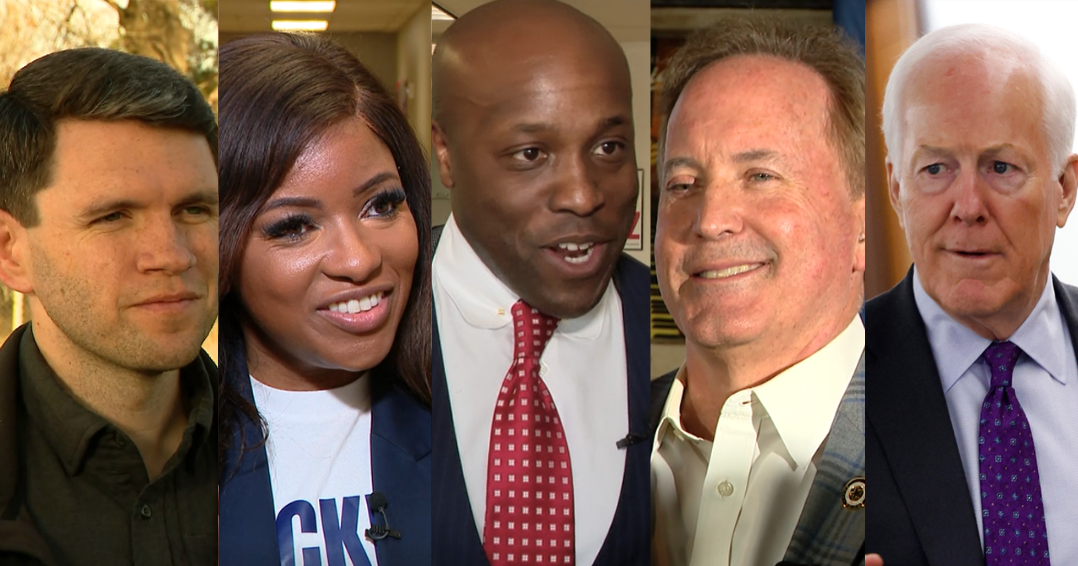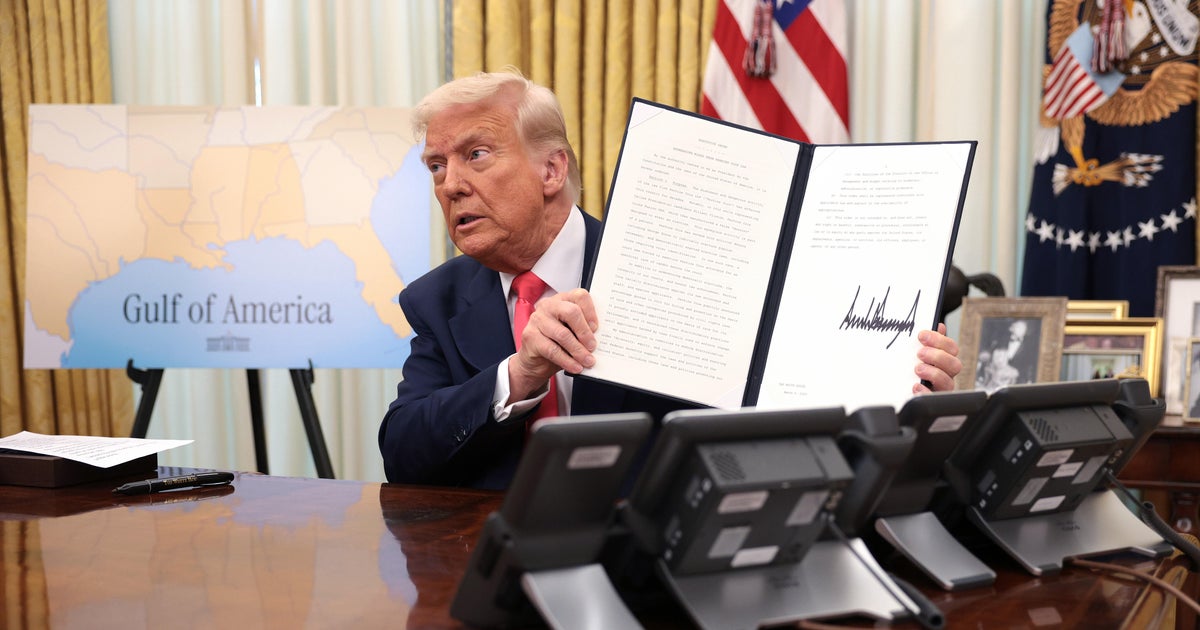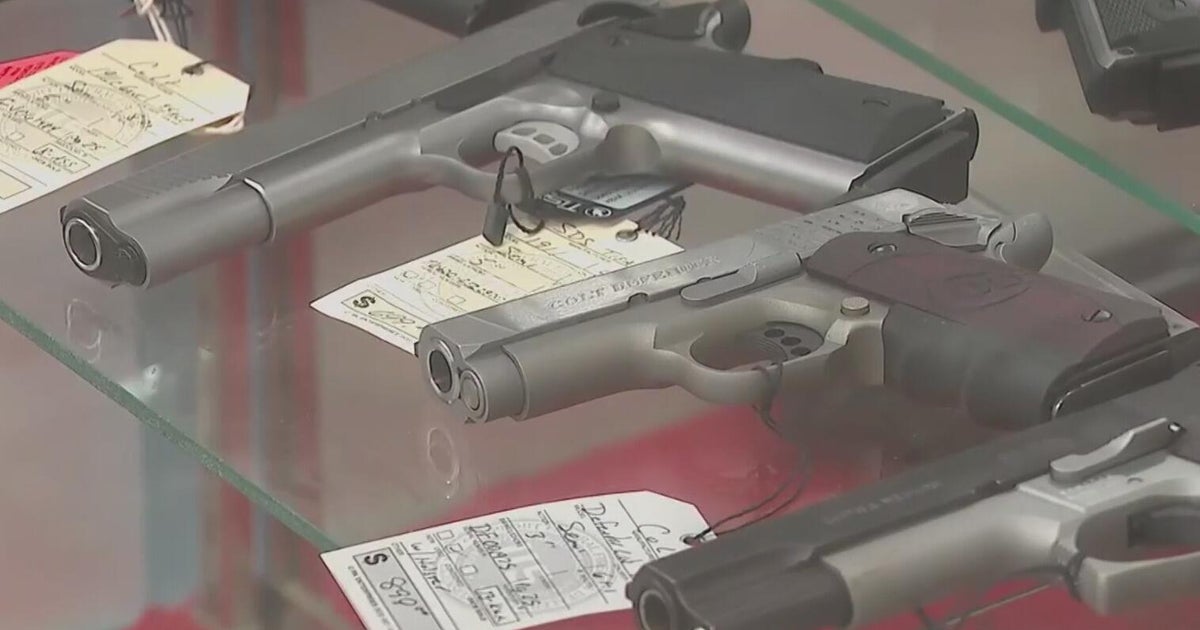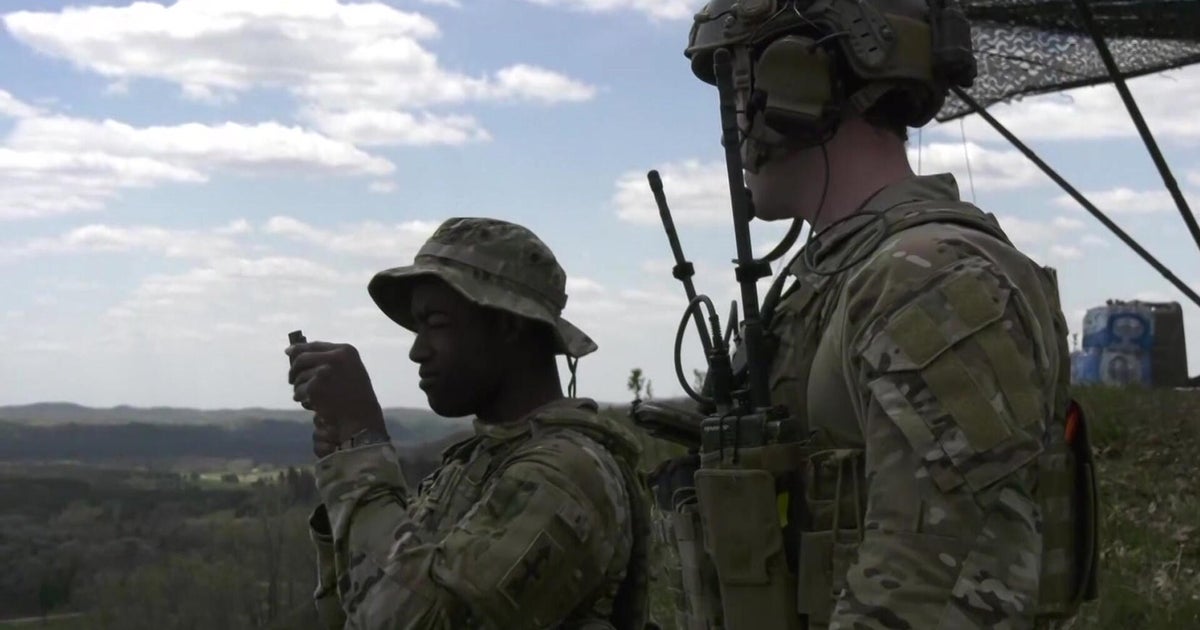Dem Questions If Supreme Court Would Force Trump To Comply With A Subpoena
(CNN) -- The ranking Democratic member of the House Armed Services Committee questioned if the Supreme Court would force President Donald Trump to comply with a potential subpoena for an interview from special counsel Robert Mueller amid continued uncertainty about whether the President will voluntarily sit for an interview with Mueller's team.
Rep. Adam Smith said in an interview Monday with CNN's Wolf Blitzer that if Trump does not agree to an interview, he's not sure the Supreme Court would force him to comply with a Mueller subpoena because he feels the conservative majority will side with Trump.
RELATED: Mueller raised idea of subpoena with President's lawyers
"Legally, it's clear: You can't ignore a subpoena, even if you're the president of the United States," the Washington state Democrat said. "However, remember the Supreme Court that we have. If this goes all the way up to this Supreme Court ... this Supreme Court seems to make its decisions based on what Donald Trump and the Republican Party want, as opposed to precedents or the Constitution."
Trump's personal lawyer Rudy Giuliani told Politico on Thursday that Trump and his lawyers will decide whether the President will meet with Mueller in a "week to 10 days," his latest estimate on when a final decision could come.
Current precedent, established in President Richard Nixon's term during the Watergate investigation, suggests that presidents are not immune from subpoenas from investigators.
In the 1974 case US v. Nixon, the Supreme Court unanimously concluded that "the fundamental demands of due process of law" as well as the "specific need for evidence in a pending criminal trial" overrode the President's assertion that he had a constitutional right to keep communications private.
That case, however, addressed Nixon's Oval Office tapes, not an interview with investigators.
Trump's latest Supreme Court nominee, Brett Kavanaugh, said in 1999 that the Nixon case may have been "wrongly decided" in an interview with a publication called Washington Lawyer.
However, Kavanaugh said in a speech at Catholic University in 2016 that US v. Nixon was among a handful of cases that contributed to the "greatest moments in American judicial history" in which judges "stood up to the other branches, were not cowed and enforced the law."
Kavanaugh has also privately told senators he views the appointment of a special counsel by the Justice Department, in general, as appropriate. But he has told senators he continues to question if a sitting president can be indicted on criminal charges because Congress should play the lead role in impeaching and removing a president.
Senators tell CNN Kavanaugh has not specified his views on a presidential subpoena.
"We're headed towards a very, very difficult situation," Smith said Monday on "The Situation Room."
He added that Trump's tweets criticizing the Mueller investigation were likely hurting him legally and the United States as a whole.
"Obviously, from a legal standpoint, he's making things worse," Smith said. "To the extent that the President is trying to stop (the investigation), he is not only potentially committing a crime, he is harming the national security interests of the United States of America."
© 2018 Cable News Network, Inc., a Time Warner Company. All rights reserved.
